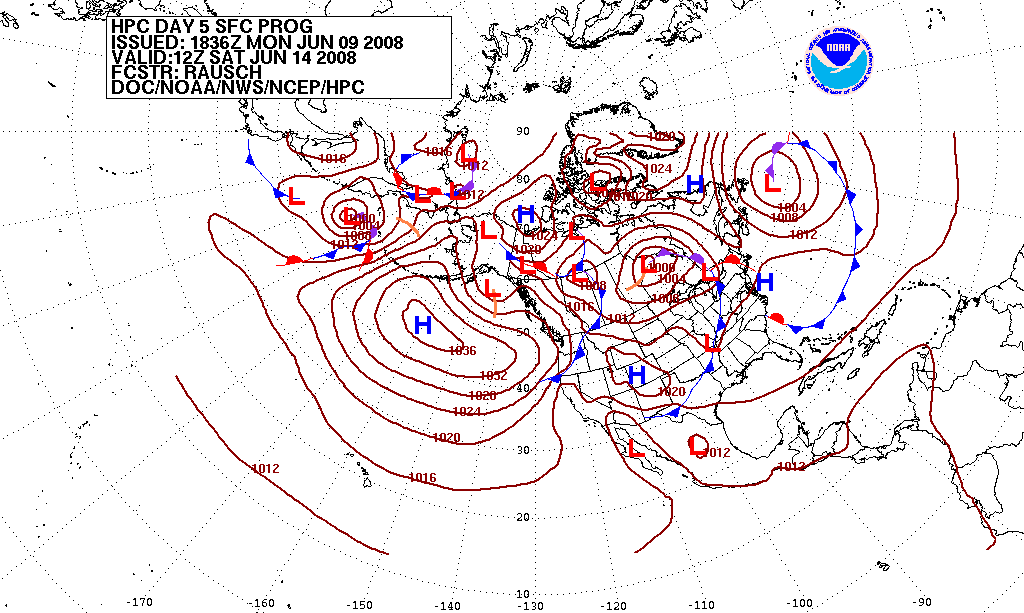Flight Operations
- Review Aerodynamics & Airplane Systems
- 1.1Explain the four forces which act on an airplane in flight
- 1.2Explain the angle of attack- Commercial Pilot-Aerodynamics and Performance
- 1.3Explain the basics of Aerodynamics
- 1.4Explain drag
- 1.5Explain thrust, stability, and center of gravity
- 1.6Explain weight and balance
- 1.7Demonstrate knowledge of aircraft components
- Pressure, Temperature & Density
- Weather
- 3.1Identify and explain the structure of the earth’s layers of the atmosphere, and become knowledgeable of the history of the study of meteorology
- 3.2Describe atmospheric conditions using appropriate weather terminology
- 3.3Demonstrate an understanding of frontal systems
- 3.4Demonstrate an understanding of wind speed, temperature, pressure & dew point
- 3.5Employ meteorological terminology and coding procedures
- 3.6Identify air masses and monitor daily weather phenomena
- 3.7Demonstrate an understanding of synoptic weather structure
- Weather Forecasting
- Weather Hazards
- Weather Tools
- IFR
- IFR
- IFR Navigation
Weather Forecasting
Introduction to Weather Forecasting in Aviation

Application of science and technology to predict the conditions of the atmosphere for a given location and time.
Weather forecasting is a critical aspect of aviation. It plays a significant role in ensuring the safety and efficiency of flight operations. This unit provides an introduction to the importance of weather forecasting in aviation, the basic principles of weather forecasting, and the role of meteorologists in aviation.
Importance of Weather Forecasting in Aviation
Weather conditions significantly impact flight operations. Adverse weather conditions such as storms, fog, and wind can affect a pilot's visibility, the aircraft's performance, and even the structural integrity of the aircraft. Therefore, accurate weather forecasting is crucial for planning safe and efficient flight routes.
Weather forecasts help pilots and air traffic controllers make informed decisions about flight departures, routes, and landings. They also aid in emergency management, helping to anticipate and prepare for severe weather conditions that could affect flights.
Basic Principles of Weather Forecasting
Weather forecasting involves predicting atmospheric conditions at a specific location and time. This prediction is based on the observation and interpretation of meteorological data.
The basic principles of weather forecasting include:
-
Observation: This involves collecting data about current weather conditions. This data is collected through various means, including weather stations, satellites, and aircraft.
-
Analysis: The collected data is analyzed to understand the current state of the atmosphere. This analysis includes studying temperature, pressure, humidity, wind speed and direction, and other meteorological factors.
-
Prediction: Based on the analysis, meteorologists predict future weather conditions. This prediction involves using mathematical models that simulate the atmosphere and its processes.
The Role of Meteorologists in Aviation
Meteorologists play a vital role in aviation. They analyze weather data, make forecasts, and communicate this information to pilots, air traffic controllers, and airline management.
In aviation, meteorologists often specialize in aviation meteorology. They understand the specific weather information needs of pilots and air traffic controllers. They provide forecasts for specific airports (Terminal Aerodrome Forecasts), broader areas (Area Forecasts), and for specific flight routes.
Meteorologists also provide updates on significant weather changes that could affect flight operations. They play a crucial role in emergency planning, helping airlines prepare for and respond to severe weather events.
In conclusion, weather forecasting is a critical aspect of aviation, ensuring the safety and efficiency of flight operations. It involves observing and interpreting meteorological data to predict future weather conditions. Meteorologists play a key role in this process, providing vital weather information to those involved in flight operations.